Gram Negative Folliculitis Treatment
Gram negative folliculitis treatment. The treatment of gram-negative folliculitis can be done by using sotretinoin and other systematic antibiotics. Gram-negative refers to a type of stain that is used in a laboratory to identify different types of. Gram-negative folliculitis usually involves the face and affects patients with a history of long-term antibiotic therapy for acne.
Treatment of Gram-negative folliculitis with 13-cis-retinoic acid. Treatment of the otitis externa and the Gram-negative folliculitis with acetic acid compresses and topical. The occurrence of Gram-negative folliculitis in acne patients is believed to be generally underestimated since correct sampling and bacteriology is rarely performed by clinicians.
Several second-line treatments have been reported to control the disease with inconsistent results. 3 linhas The treatment of choice for gram-negative folliculitis is isotretinoin 05-10mgkg for 20. Gram-negative folliculitis is one of the complications of antibiotic treatment of acne.
Over time resistant bacteria grow and multiply resulting in worsening acne. Treatment for gram-negative folliculitis due to long-term systemic antibiotic therapy usually includes antibiotic pills to which the gram-negative organisms are sensitive. Patients were treated for 1436 weeks with a daily dose of 0515 mg isotretinoinkg body weight.
It must be suspected in a sudden exacerbation of acne treatment or in patients non-responding to conventional acne treatments. Bacterial Infectionsdrug therapy Folliculitisdrug therapy Humans. Isotretinoin offers the most effective cure for gram-negative folliculitis.
However treatment success is based primarily on. Isotretinoin is recognized as extremely effective for this condition. Patients were treated for 14-36 weeks with a daily dose of 05-15 mg isotretinoinkg body weight.
Gram-negative folliculitis in acne and rosacea patients is best treated with isotretinoin 05-1 mgkg daily for 4-5 months. The infection may occur as a complication in patients with acne vulgaris and rosacea and usually develops in patients who have received systemic antibiotics for prolonged periods.
Gram-negative folliculitis in acne and rosacea patients is best treated with isotretinoin 05-1 mgkg daily for 4-5 months.
Gram-negative folliculitis in acne and rosacea patients is best treated with isotretinoin 051 mgkg daily for 45 months. However treatment success is based primarily on. Treatment of gram-negative folliculitis includes the use of isotretinoin and systemic antibiotics. Several second-line treatments have been reported to control the disease with inconsistent results. Boils or furuncles occur when the hair follicle becomes deeply infected. Gram-negative folliculitis in acne and rosacea patients is best treated with isotretinoin 05-1 mgkg daily for 4-5 months. Isotretinoin offers the most effective cure for gram-negative folliculitis. 3 linhas The treatment of choice for gram-negative folliculitis is isotretinoin 05-10mgkg for 20. Bacterial Infectionsdrug therapy Folliculitisdrug therapy Humans.
Patients were treated for 1436 weeks with a daily dose of 0515 mg isotretinoinkg body weight. It must be suspected in a sudden exacerbation of acne treatment or in patients non-responding to conventional acne treatments. The first-line treatment for eosinophilic pustular folliculitis is oral indometacin. 3 linhas The treatment of choice for gram-negative folliculitis is isotretinoin 05-10mgkg for 20. In contrast to previous cases of Gram-negative folliculitis due to Proteus Escherichia coli or Klebsiella the anterior nares were not colonized. Ciprofloxacin ampicillin or trimethoprimsulfamethoxazole are common first-line options. Isotretinoin is recognized as extremely effective for this condition.


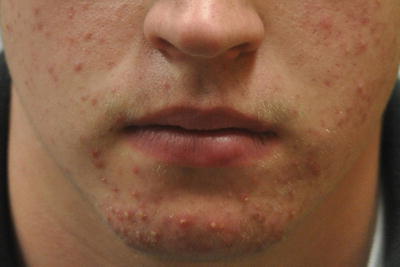

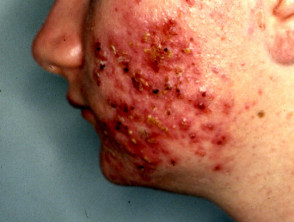


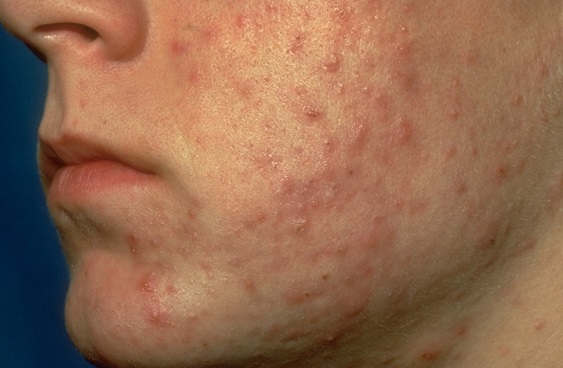
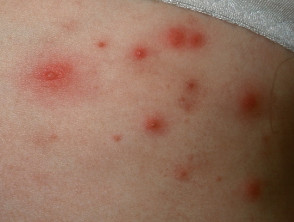

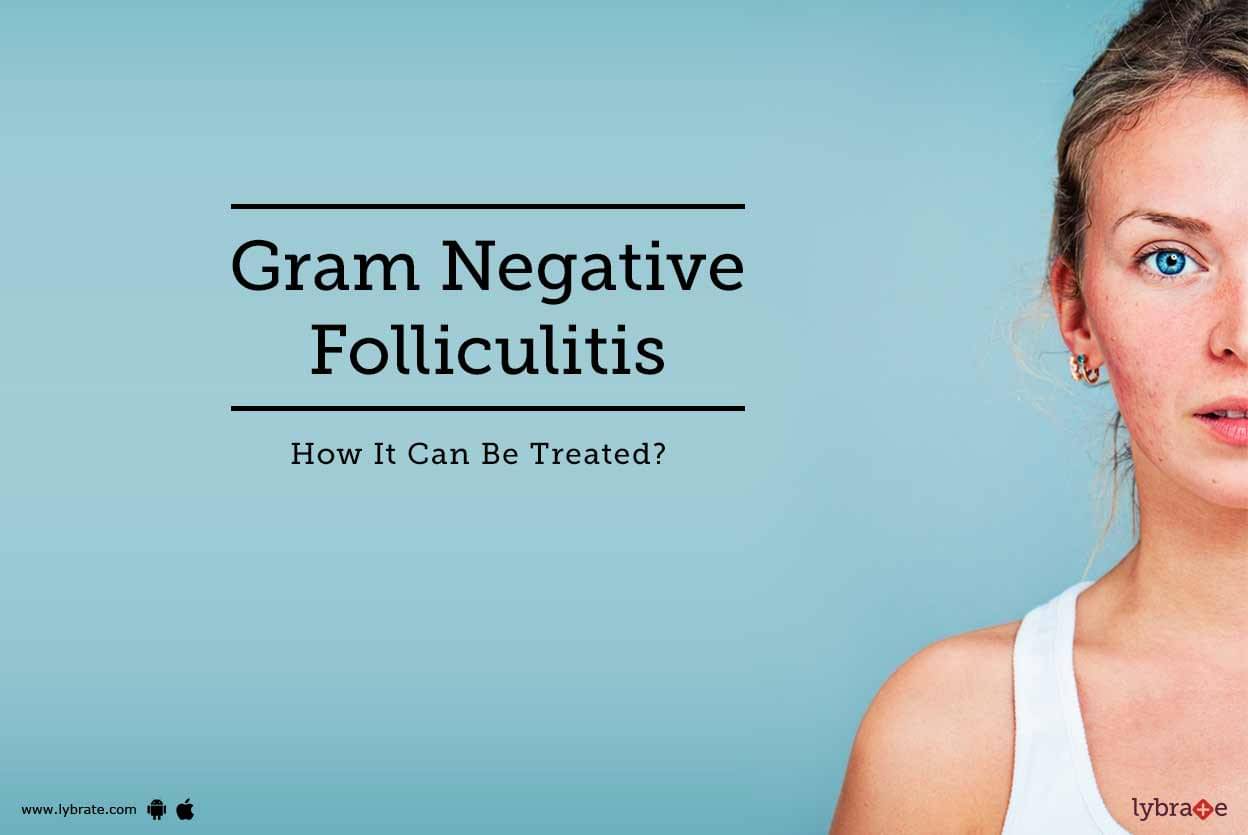
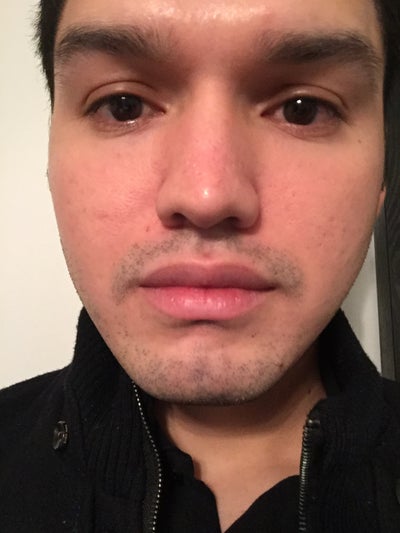
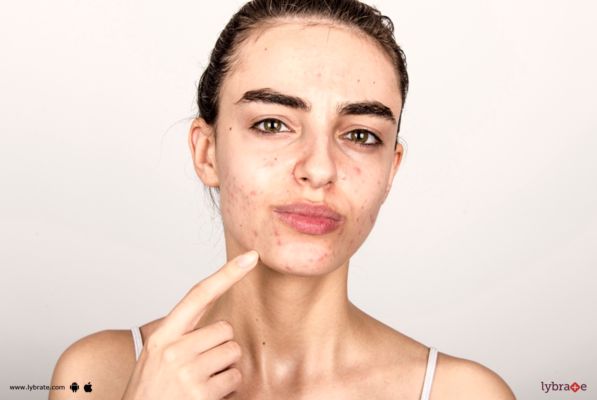
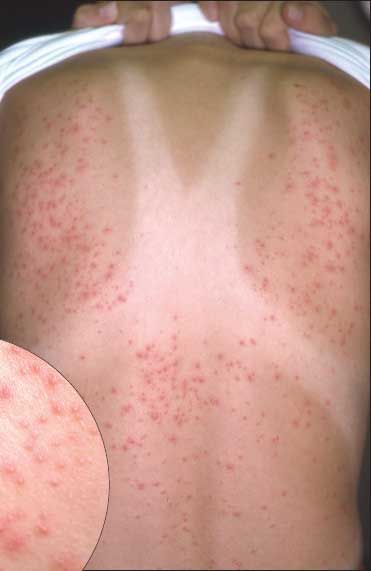
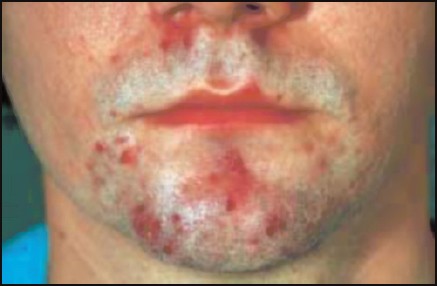


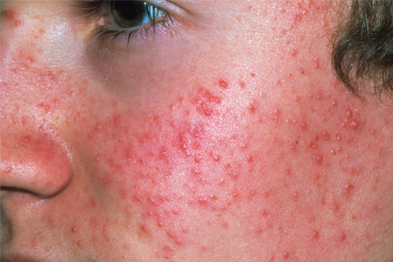
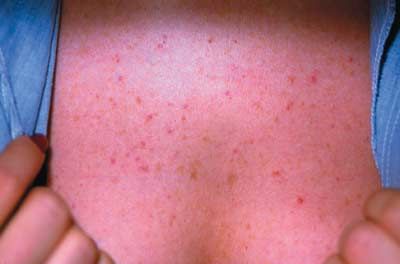


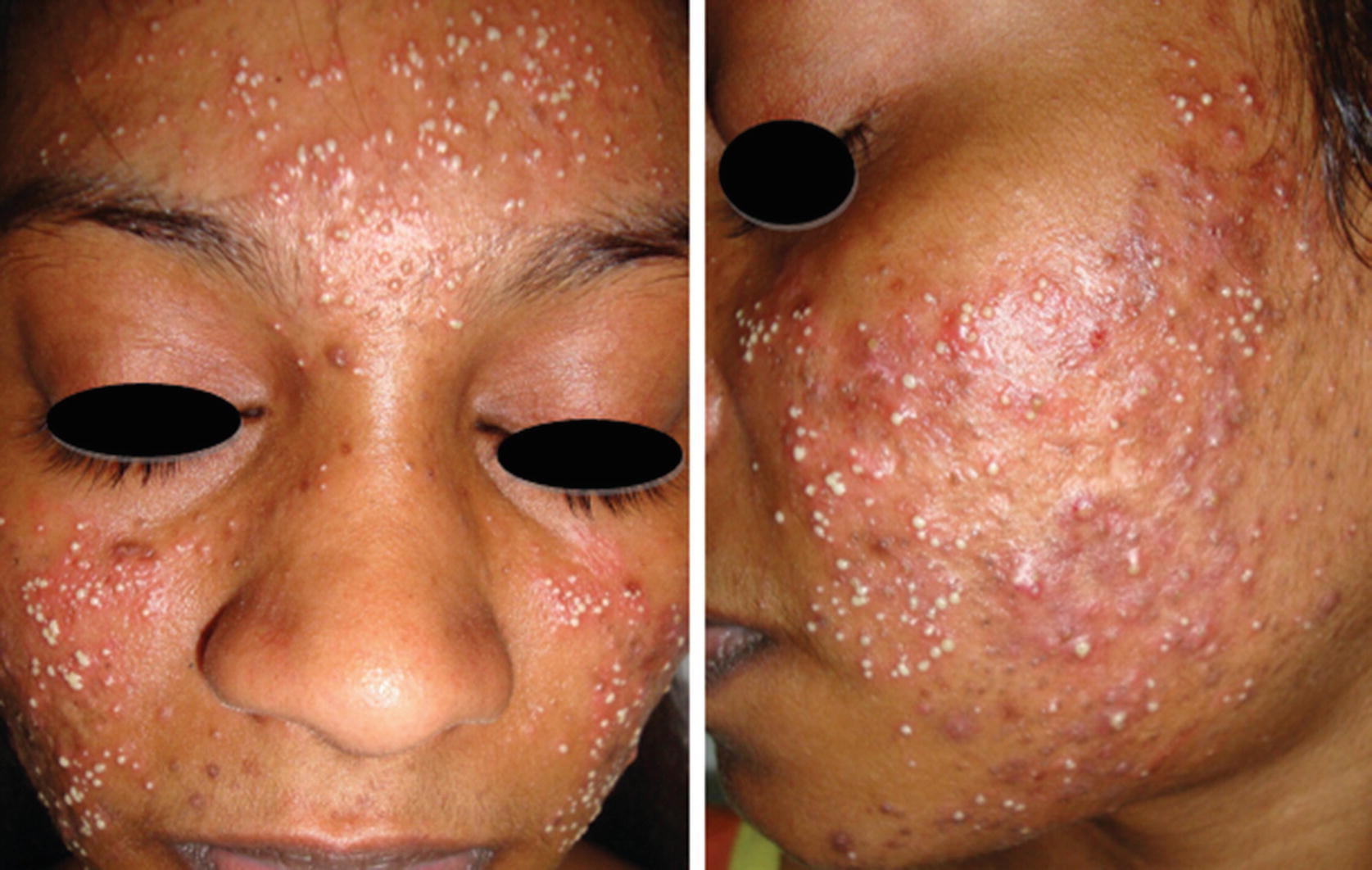



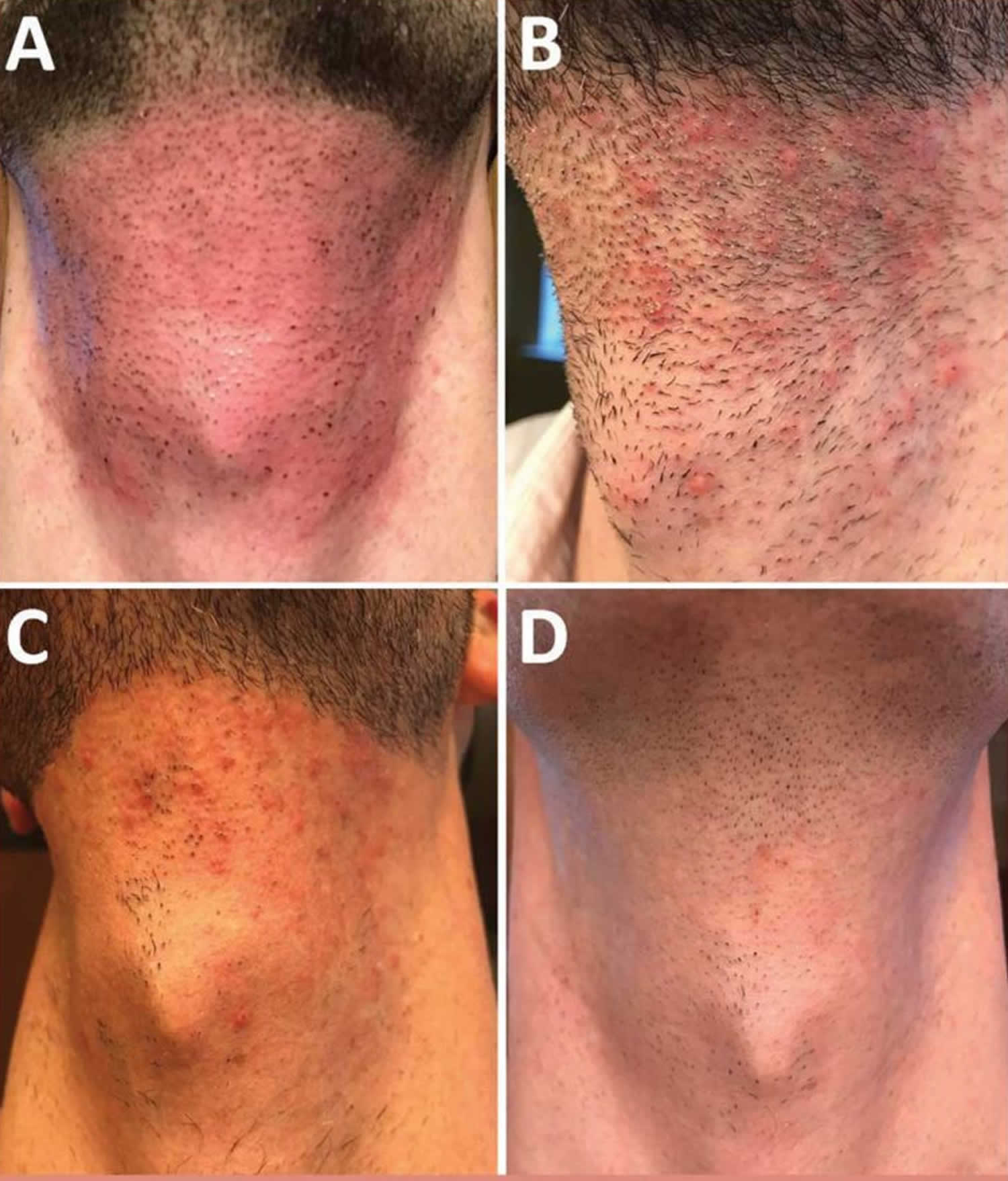
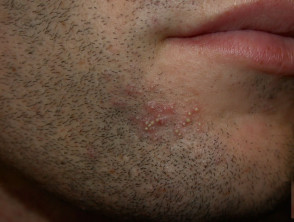





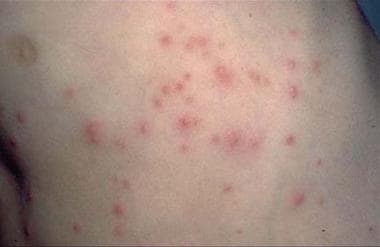



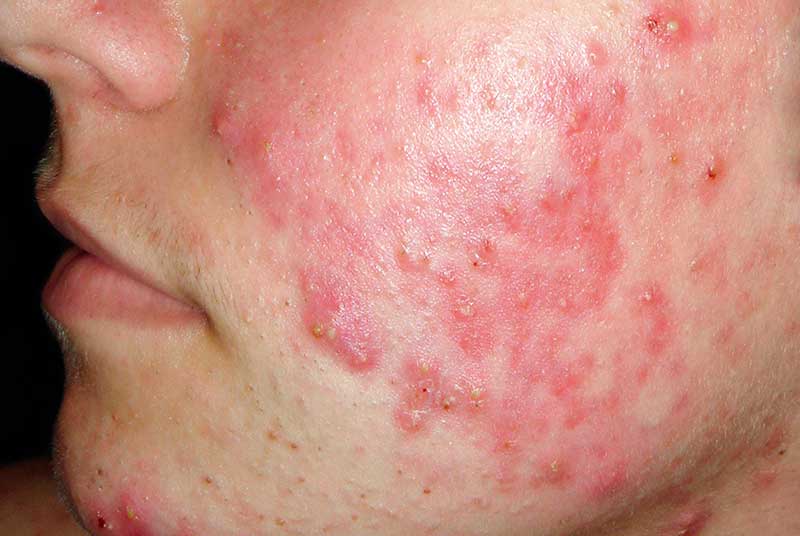



Post a Comment for "Gram Negative Folliculitis Treatment"